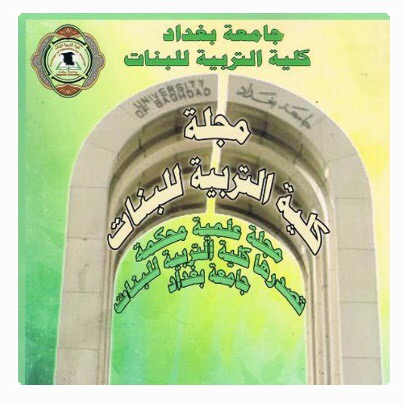تجلیات اللغة الایحائیة في دعاء الصباح للامام علي بن ابي طالب (علیھ السلام)
Abstract
The literary aspect of any text reveals when it used The inspiration language
which reveals the creative aspect of language for the creator (writer) he in turn
will seek for the best choice from these aspects then, he will distribute them due
to their intention, and according to the their context
Thus, propagandistic text contains many moral features which the language
accord to thus , we found that the morning (dua al asbah)is full of creative
literary manifestations through many abstentions which happened in different
structures that contain the text, especially in structure of metaphor, and contrast.
we found many outstanding gaps and abstentions in these are given life, matter
that gives the text the most literary features
In the contrast structure, it works apparently to observe differences between
things, but in its depth, the familiarity and integration appear between differences.
In the constructive structure ,the abstention appears through praying
structure ,which refrain from imperative structure because it consist the request
from the lower to the upper though the imperative structure, originally contains
the request from the upper to the lower. the interrogative structure has deviated
from its ordinary context which mean asking for some thing unknown, and the
interrogative appears in the praying text has refrained from determination.
The rhymed prose structure appears as giving the required rhythm for the
text and supports with vocal in aspiration ,the rhymed prose is intensively used
which made the text reflected the approached meanings.

Downloads
Published
Issue
Section
License
![]()
All articles published in Journal of College of Education for Women are licensed under a Creative Commons Attribution 4.0 International License.










